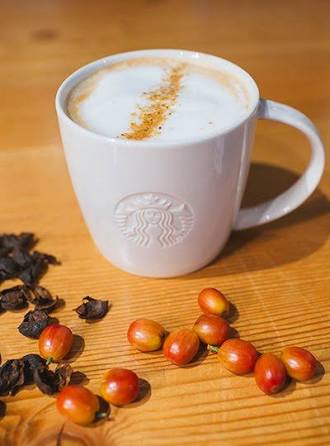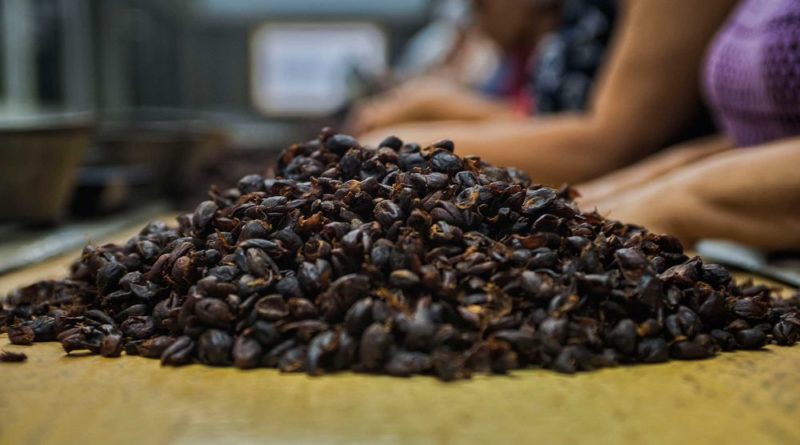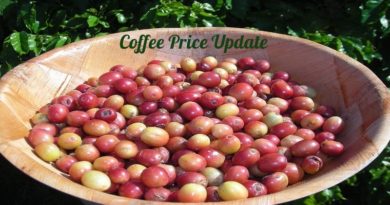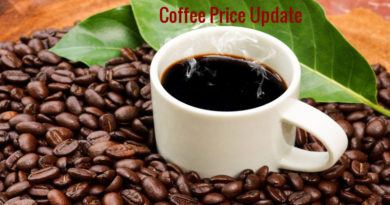Coffee husks now in higher demand than coffee itself
Coffee is one of the most popular drinks in the world, but the coffee husks from the beans have become widely more popular thanks to the likes of Starbucks and Costa
Yes you read it right, The coffee husk fetches a higher price than the bean itself in U.S and Canada.
We know the little use for the skin that encases the beans, either turn it to cheap fertilizer or just trash it in pit.
Coffee grower named Aida Batlle in hills surrounding El Salvador’s Santa Ana Volcano in her 10 years experiment of coffee tasting found good use out of coffee husk—or, as it’s better known, cascara.
According to boomerang report, biggest coffee chain Starbucks Corp. recently introduced new drinks in the U.S. and Canada sweetened with cascara syrup,and offers a sugar topping made from the husk. Competitors such as Stumptown Coffee Roasters and Blue Bottle Coffee are adding it to their menus, too, as tea and a carbonated drink.
 At a Starbucks in Chicago’s Loop, a medium iced cappuccino with cascara foam goes for $4.75. (In case you’re wondering, that’s essentially a low-fat cappuccino whose foam and syrup have been spiked with an extract made from a blend of sugar and ground-up dried coffee husk.)
At a Starbucks in Chicago’s Loop, a medium iced cappuccino with cascara foam goes for $4.75. (In case you’re wondering, that’s essentially a low-fat cappuccino whose foam and syrup have been spiked with an extract made from a blend of sugar and ground-up dried coffee husk.)
“Starbucks is great at taking things and introducing it to the masses,” says Michael Schultz, co-founder and chief executive officer of Coffee & Tea Bar Holdings LLC, which operates two Fairgrounds Coffee & Tea locations in Chicago and is preparing to open others in Minneapolis and Los Angeles. Fairgrounds recently completed its final testing for a cascara-laced specialty drink that will be priced at about $5.
Thanks to demand from these chains, the coffee husk now often fetches a higher price than the bean itself does. Batlle says she gets $7 for a pound of cascara, while the average price for coffee hovers around $1.20, the lowest in about two years, because of an oversupply of arabica beans.
About Cascara
Cascara contains little caffeine and has a less assertive taste than coffee. In addition to notes of hibiscus, it can have papaya or green apple flavors depending on how and where it’s cultivated.
Cascara sales are still too small to measure. And while demand is growing right now,Batlle’s volume of cascara sales have increased to “thousands of pounds a year,” and she says she has no fear that the commodity’s growing popularity will end up cannibalizing coffee.


